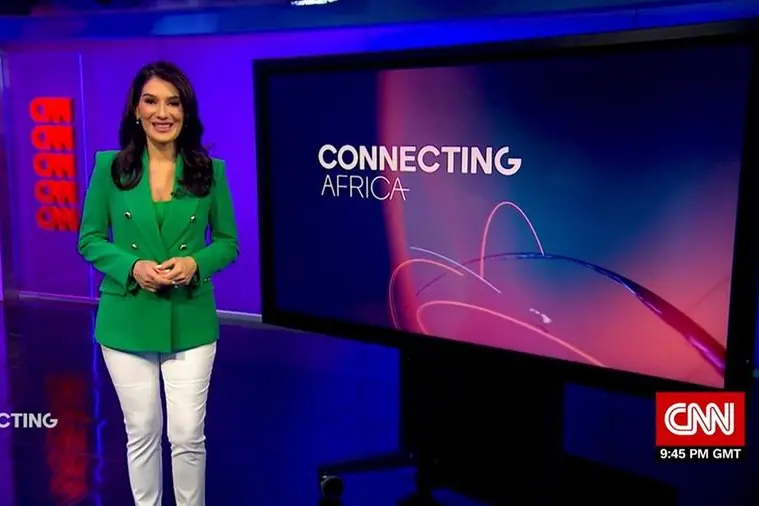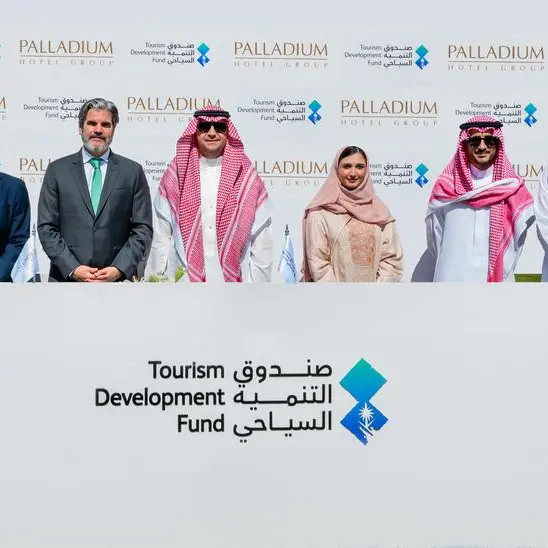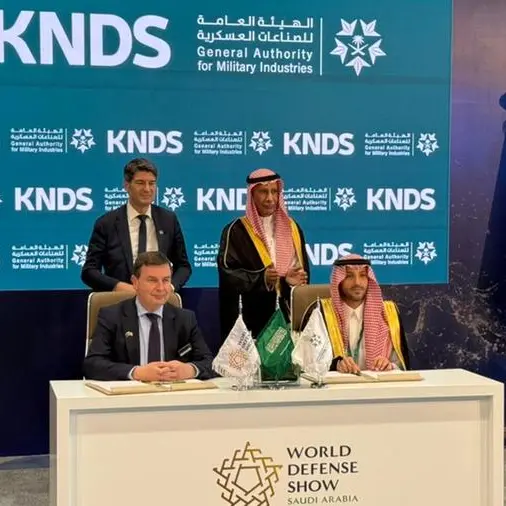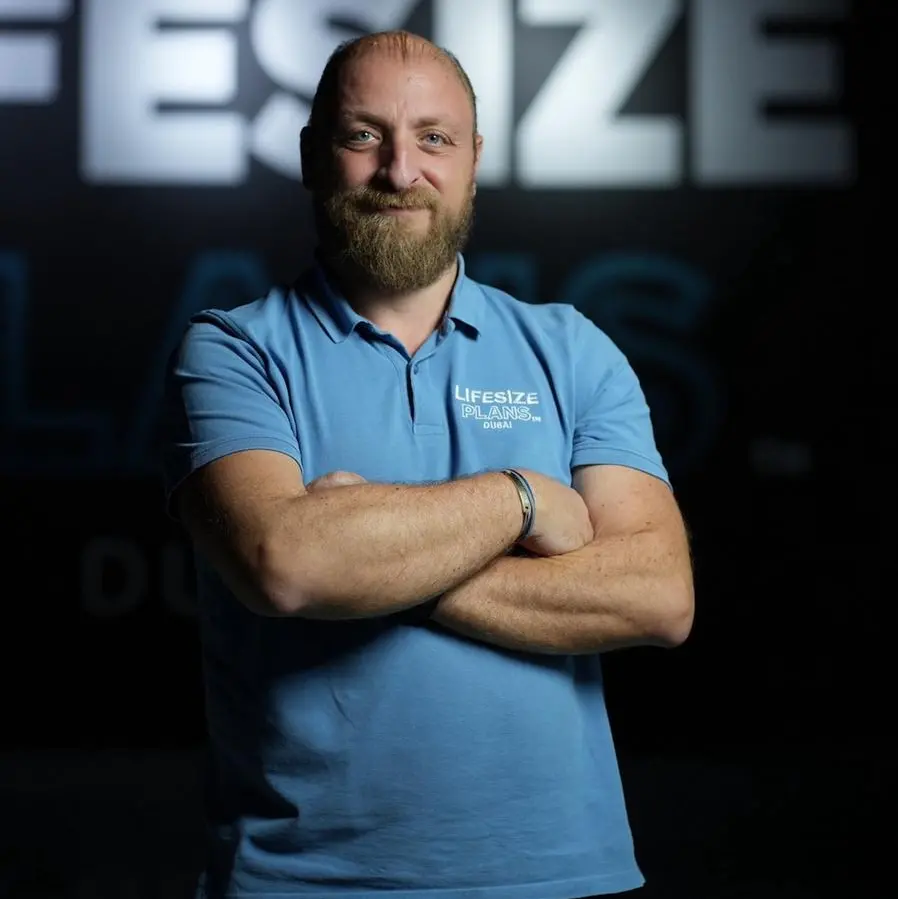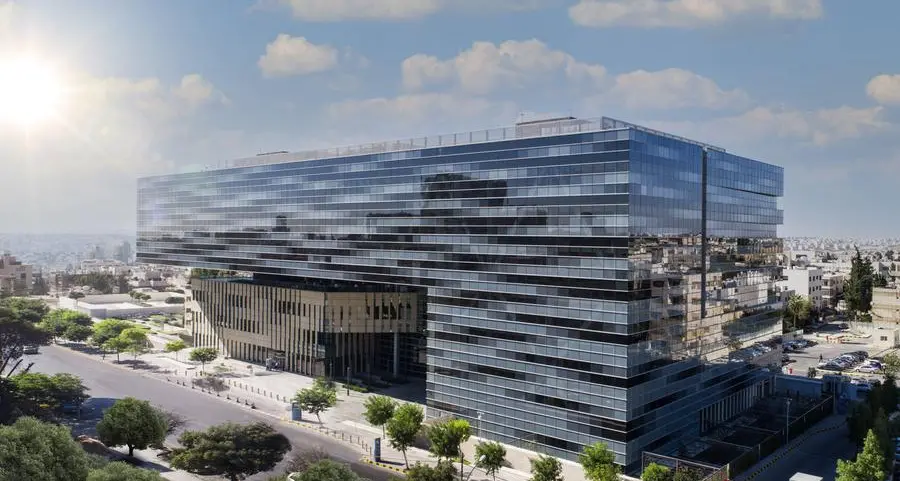PHOTO
Financial inclusion – having access to services like bank accounts, credit, savings, loans, and insurance – is still a major barrier to economic growth and reducing poverty across Africa. But innovative technology is driving change. Fintech (financial technology) is making big advances, and Nigeria has emerged as a major hub for the industry.
A common sight in Nigeria are designated money agents with point-of-sale systems, facilitating millions who don’t have bank accounts to deposit and withdraw cash and carry out a whole array of other financial transactions. Olu Akanmu, President and Co-CEO of OPay, explains how financial inclusion service providers are reaching the unbanked, “We go to where banks cannot go. We are much more nimble. We are more tech oriented. Therefore, we can deploy in a more agile way and get to reach far many more areas.”
OPay is among Africa’s seven unicorns – firms valued at a billion dollars or more. With five of these unicorns based in Nigeria, the technology sector is now a large part of the country’s economy. Akanmu discusses the size of the tech industry, “We used to say that oil is perhaps the most impactful sector in terms of the Nigerian economy. But a big narrative about Nigeria today that we don't talk about, that we need to echo more is that the tech sector today is bigger than oil, double the size of the oil sector.”
With the implementation of the African Continental Free Trade Area (AfCFTA) greater financial, mobile, and internet access across the continent will boost business opportunities. Akanmu says that the free trade area should also benefit small business, “To ensure that no one is left behind, that the small merchant, the micro merchants don't get left behind. That AfCFTA, does not just serve the large corporations or the large traders in Africa. And to achieve that, it means last mile players like OPay are going to be very critical. When we do that, we can only end up with an Africa that is more prosperous.”
One big backer of the fintech industry on the continent is the International Finance Corporation (IFC), a member of the World Bank Group. IFC Managing Director Makhtar Diop tells Giokos about the future of the fintech sector, “The number of women in startups is much larger than people have expected. And you see very great ideas of young entrepreneur. And it's interesting. You see a mix, people were in Europe or in the US coming back home and developing their business, people who never left Africa who are developing their business. So, I think that it will help developing intra-African trade. But we need to make sure that everything which has been signed and said in the Africa Free Trade Agreement becomes a reality so that people can use this payment to really move goods easily.”
This month’s programme also explores how blockchain is being used to speed up intra-African trade. Morocco’s OCP Group is one of Africa’s largest fertiliser producers and has become the first company on the continent to use blockchain to boost trade.
The process of shipping fertiliser had been made even more laborious by the Covid-19 pandemic. Khalid Madidi, Risk Manager at the OCP Group, explains, “Because of COVID, the international courier service has been severely disrupted, leading to longer document transmission time to the financing bank. And this means longer financing delays and higher treasury opportunity costs for OCP.”
With the need to speed up this process, OCP Group turned to using blockchain technology. Madidi describes what blockchain is and how it works, “Simply put, blockchain can be described as an electronic ledger, which is distributed across a network of computers. In trade, the blockchain technology grew in popularity due to its capacity to track each step of the transaction in real time, and at the same time, provide a single source of truth across multiple parties. blockchains are very, very secure because they use encryption to protect the underlying data.”
Before blockchain, the paperwork needed to ship fertiliser between Morocco and Ethiopia could involve a thousand documents and take over three weeks to sort. Using blockchain, this process can be completed in a couple of hours. Madidi tells Giokos about how this process has improved, “You have risk mitigation by eliminating potential errors and ambiguities in the exchange and the amendment of documents. You have also improved liquidity and working capital finance, lower transaction costs, improved business developments and supply chain managements, high security traceability of transactions. And also, it is very convenient, very fast and with high service levels.”
OCP Group says that blockchain technology will boost intra-African trade, but only if certain aspects of the AfCFTA are addressed. Madidi explains, “Blockchain technology might have a good impact, a positive impact on intra-Africa trade, only if some specific challenges of the intra-African trade are addressed, such as tariff barriers, transport infrastructure, international trade rules and commercial practices.”
‘Connecting Africa’ airs on CNN International at the following times:
- Tuesday 7th June at 2345 GST
- Saturday 11th June at 0930 GST
- Saturday 11th June at 1400 GST
- Sunday 12th June at 2100 GST
- Monday 13th June at 0700 GST
https://edition.cnn.com/specials/business/connecting-africa
-Ends-
About CNN International
CNN’s portfolio of news and information services is available in seven different languages across all major TV, digital and mobile platforms, reaching more than 445 million full-time households and hotel rooms around the globe. With programming that originates from CNN studios in Abu Dhabi, Atlanta, Hong Kong, London and New York, CNN International is the number one international TV news channel according to all major media surveys across Europe, the Middle East and Africa, the Asia Pacific region, and Latin America and has a US presence that includes CNNgo. CNN Digital is the #1 online news destination in the world, with more unique visitors, global unique visitors and video viewers than any other news source. CNN is at the forefront of digital innovation and continues to invest heavily in expanding its digital global footprint, with a suite of award-winning digital properties and a range of strategic content partnerships, commercialised through a strong data-driven understanding of audience behaviours. CNN has won multiple prestigious awards around the world for its journalism. Around 1,000 hours of long-form series, documentaries and specials are produced every year by CNNI’s non-news programming division. CNN has 36 editorial offices and more than 1,000 affiliates worldwide through CNN Newsource. CNN International is a division of Warner Bros. Discovery.
